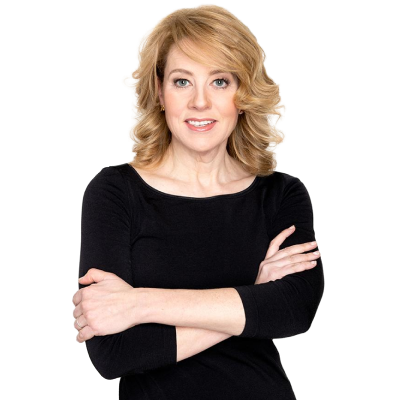

Fair Test is a nonprofit advocacy organization that seeks to prevent the misuse of standardized tests. The group’s Public Education Director Robert Schaeffer talked to EWA about cheating, teacher evaluations, and the need for reporters to hold on to their skepticism.
1.FairTest has argued that college entrance exams (SAT/ACT) should be an optional part of the admissions process. More and more institutions seem to be agreeing with you. Do we need the SAT at all?
The National Center for Fair & Open Testing (FairTest) has been the leader of the test-optional movement since our formation in 1985. More than 850 accredited, bachelor-degree granting institutions now do not require submission of SAT or ACT scores before making admissions decisions about all or many applicants (click here for the link).
The rapidly expanding list includes 120 colleges and universities ranked in the top tier of their respective categories by U.S. News & World Report. There is no reason to “ban” the SAT/ACT – those who believe that filling in bubbles on a Saturday morning enhances their credentials should be free to do so, just as applicants can send videos or bake cakes for admissions offices.
2.There’s a huge push nationally to get more and more students enrolled in AP classes. At the same time in many districts, passing scores on the AP exams are declining, some say because classes are being crowded with unqualified students. What’s your position on this?
FairTest has long advocated for programs that enhance educational quality and equity. To the extent that Advanced Placement classes serve as “gateways” for students to higher education rather than “gatekeepers,” which create additional barriers to access, we support them
The research literature on the value of AP courses for those who do not meet historic definitions of being “qualified” is, in fact, quite mixed. Nor is AP the “gold standard” for high school courses, as the program’s promoters claim. Many courses and exams are a mile wide and half an inch deep with a heavy emphasis on memorization and test preparation, not “advanced” learning
3.There’s been no shortage of cheating scandals over the past year, particularly in Atlanta where the news seems to go from bad to unbelievable. Do you believe pressure from high-stakes testing is actually making more people prone to cheating, or is there just more awareness and suspicion that triggers the investigations that uncover the cheating?
Cheating on tests is unethical and, in many jurisdictions, illegal. It is, however, the predictable consequence of the politically mandated misuse and overuse of standardized exams in education. FairTest research has identified confirmed cases of cheating in 30 states and the District of Columbia in just the past three academic years.
As our recent fact sheet “Tests, Cheating and Educational Corruption” (click here for the link) makes clear, erasing wrong answers is just one of many ways some schools artificially boost scores. If nothing else, recent cheating scandals have again demonstrated that overreliance on standardized test scores is a flawed strategy for creating lasting educational reform.
4.What are your thoughts on the move toward using growth models (instead of hard-target benchmarks) to measure student achievement on standardized tests?
Like “value-added” measures, growth models are based on the false assumption that educational quality can and should be assessed primarily by changes in students’ test scores. FairTest has summarized studies showing the technical flaws of these types of teacher rating schemes (click here for the link). EWA also published a solid guide to this topic (click here for the link). Far better ways to assess students, teachers and schools exist – we outlined several of these approaches on our web site (click here for the link).
5.When you read education stories that talk about testing, are there any common themes that strike you, or key elements reporters and writers are missing?
We appreciate the difficulties education writers face in covering complex assessment issues, often on tight deadlines. For the most part, we believe journalists – particularly EWA members – strive to report stories that are fair and accurate. But there is a tendency to transmit uncritically public officials’ statements about testing results and controversies, even though they are frequently slanted by misinformation and political biases.
Whenever possible, coverage should attempt to include alternative interpretations of data and independent analyses of “official” conclusions. FairTest remains available to assist journalists to assure this balance, either by interviews with our experienced, knowledgeable staff or by referrals to other experts. Contact numbers as well as fact sheets on many assessment-related topics are available at Fair Test’s web site (click here for the link).
